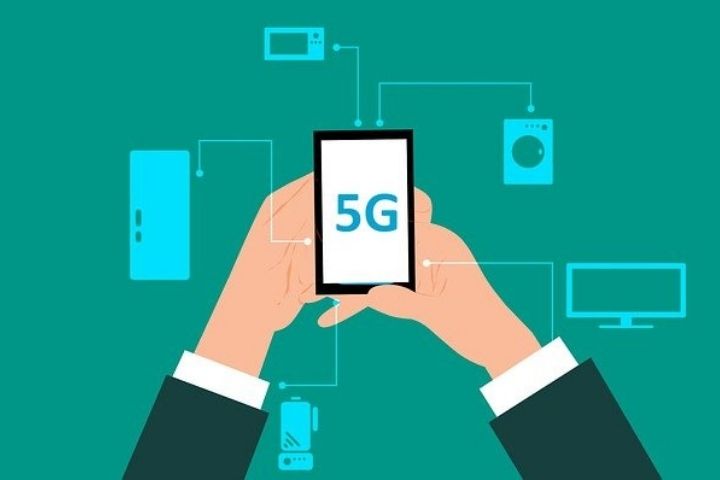The technology used in mobile networks has been changing a lot since its introduction. Each generation of the network has meant a significant improvement, both for users and for companies. 5G Network will address the evolution beyond the mobile internet, and will reach the massive Internet of Things.
The most notable evolution compared to advanced 4G and 4.5G LTE networks is that, apart from the increase in data speed , new Internet of Things. 5G also makes it possible to transfer data at a speed 100 times higher than that allowed by 4G, thus reducing waiting times.
Table of Contents
What Is 5G?
The term 5G we use to refer to the fifth generation of mobile phone technologies. For several decades, the evolution has been rapid. With the 1G calls were made between devices. The 2G also allowed us to send SMS. 3G was Internet browsing. The mobile networks became numerous in these days.
4G greatly increased the speed of such browsing with the so-called mobile broadband. 5G is actually an evolution of 4G. And more specifically, the advanced 4G / LTE. It will allow you to multiply up to 10 times the browsing speed, thanks to the use of new, higher band frequencies. This will translate into shorter data upload and download times.
Above all, it will reduce the latency period, that is, the delay for a website to load or for a connected device to respond as a result of the delay in data transmission. With 5G, that latency will be counted in milliseconds, that is, an almost imperceptible period of time for humans.
With 5G, networks will be advanced enough to offer reliability guarantees, both to citizens and organizations. The virtual reality will be favored with 5G technology that can enhance the experience and allow you to chat in real time with streaming real – time virtual worlds.
5G Applications
The most striking and important applications that characterize the 5G Network are:
Internet Of Things:
The most important consequence of 5G is IoT. Any type of device can be connected to the Internet and be controlled with total ease in real time and from a distance.
Telecare:
Many critical tasks that until now could only be done in person can now be done remotely by drastic reduction in latency, such as surgical operations. And the same will happen with group activities in which the maximum temporal synchronization is required.
Mobile Devices:
It is the main one, as it is now fully consolidated. Sending files by messaging, video calls, using streaming apps, etc. The availability of the network will be everywhere and it will make it easy for people to use their computer and those kinds of mobile devices anywhere at any time. For better signals, mobile networks must be high in number.
Cloud Storage:
5G probably implies a definite boost for Cloud Computing, since the speed of interaction with remote servers will increase exponentially, matching it to that produced with locally connected storage devices.
Tourism:
Tourism is one of the sectors that can most exploit 5G technology, further facilitating virtual experiences such as visits with augmented reality in real time, with special glasses.
Smart Cities:
5G technology will drive the development of smart cities as development of urban furniture connected to the Internet, with full possibilities for real-time monitoring. Traffic control or environmental analysis, among others, will be reinforced.
